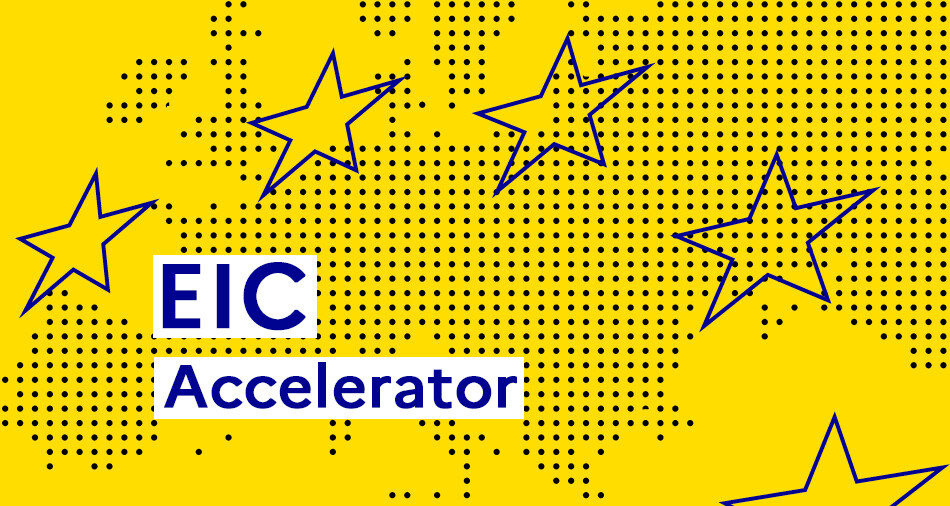ExpectedOutcome:
Project outputs and results are expected to contribute to the following expected outcomes:
- Establish the basis for the on-board deployment of power conversion technologies for sustainable alternative climate neutral fuels by 2030;
- Validate the technical feasibility of the use of innovative power conversion technologies for sustainable alternative carbon neutral fuels in waterborne transport;
- Prove the scalability to power outputs significantly above 3 MW with acceptable power density and high efficiency; Validate achievement of the additional KPIs of; minimum 5 kW/m3 power density (refers to power density of the energy converter, i.e. excluding storage of fuel or liquid electrolytes); minimum 45 % total system energy efficiency including all required ancillaries with zero carbon or climate neutral operation weighted over the MARPOL Annex VI E2 or E3 cycle;
- Support regulatory development within both EU and IMO frameworks;
- Prove the safety of the proposed solutions through verifiable KPIs for the use of the fuel and power conversion system concerned;
- Validate resilience of the power system to possible fuel impurities and variability of the power required by the ship;
- Developed a realistic pathway to the wider use of power conversion system technologies in waterborne transport (e.g. Long Distance, Inland, Cruise, Ferries, Short Sea and Offshore);
- Risk assessed the power conversion system with respect to lifetime, maintenance scheme and life cycle cost as well as a life cycle GHG emissions;
- Where relevant, be coherent with the activities of the Batteries co-programmed partnership and the Clean Hydrogen Joint Undertaking.
Scope:
Sustainable climate neutral fuels with emissions considered on a full well to wake life cycle basis are expected to be essential to decarbonise deep sea, large scale and energy intensive shipping, with their associated high-power demands. A range of candidate fuels are advocated, including for example liquid and gaseous advanced biofuels and liquids, advanced synthetic renewable energy carriers, green hydrogen, green ammonia and green methanol. Whilst power conversion technologies for these fuels, include novel internal combustion engines and fuel cells are being addressed by ongoing R&I, whilst power outputs are slowly increasing, in most cases, they remain well below that needed for a primary power source which is usable for commercial shipping and systems remain very sensitive to fuel impurities, whereas high purity fuel cannot always be assured for waterborne transport. Large uncertainties with respect to the operational and capital costs are also a barrier for innovative technologies being taken up in the market.
To be widely deployed, new power conversion technologies are expected to be technically and economically viable for integration on board ships. They have to be capable of delivering:
- High powers for prolonged periods,
- A power density which would be acceptable for integration within ship structures,
- High efficiency, without increasing air pollutants.
Progress beyond the state of the art is required. To facilitate scalability, the developed power conversion technology should be robust to the typical fuel qualities expected within a waterborne transport environment as well as potential contaminations introduced when blending different fuels, while maintaining endurance and reliable power output with reduced air pollution. Power conversion technologies have to be also robust under variable power demand, experienced in typical seaways and ship manoeuvres.
The topic is open to all potentially sustainable climate neutral fuels and all energy conversion technologies, including but not limited to Internal Combustion Engines, Turbines and fuel cells.
Projects are expected to advance beyond the state of the art addressing all the following aspects,
- Develop and validate, in a laboratory or relevant environment, power conversion technologies for sustainable alternative climate neutral fuels. Scope should include ship configuration, performance simulation and scenario comparisons to enable the use of one or more fuels onboard the ships;
- Validate in a relevant environment resilience to fuel impurities accepted by the power system and to cope with the variable power demand;
- Potential fuel blends and combinations should be considered as solutions to reach required power conversion performance, taking into account; any increase in total energy (or even decrease) output compared to current fuels, lowest possible levels of noise and air pollutant emissions (SOx, NOx, CO, PM, ammonia slip, nitrous oxides), and the lowest possible well-to-wake GHG emissions.
- In addition, safety KPIs for the use of the fuel concerned, in particular when using green ammonia and methanol, should be developed and verified.
- The projects should undertake a risk and predictive assessment of lifetime of the power conversion and fuel system, the life-cycle cost throughout vessel life, maintenance scheme, as well as the life-cycle cost and GHG emissions on a well-to-wake assessment basis.
- Develop a realistic pathway to the wider use of power conversion system technologies in waterborne transport
Where relevant, plan for synergies with the activities of the Batteries co-programmed partnership and the Clean Hydrogen Joint Undertaking.
This topic implements the co-programmed European Partnership on ‘Zero Emission Waterborne Transport’ (ZEWT). As such, projects resulting from this topic will be expected to report on results to the European Partnership ‘Zero Emission Waterborne Transport’ (ZEWT) in support of the monitoring of its KPIs.
Specific Topic Conditions:
Activities are expected to achieve TRL 5 by the end of the project – see General Annex B.





